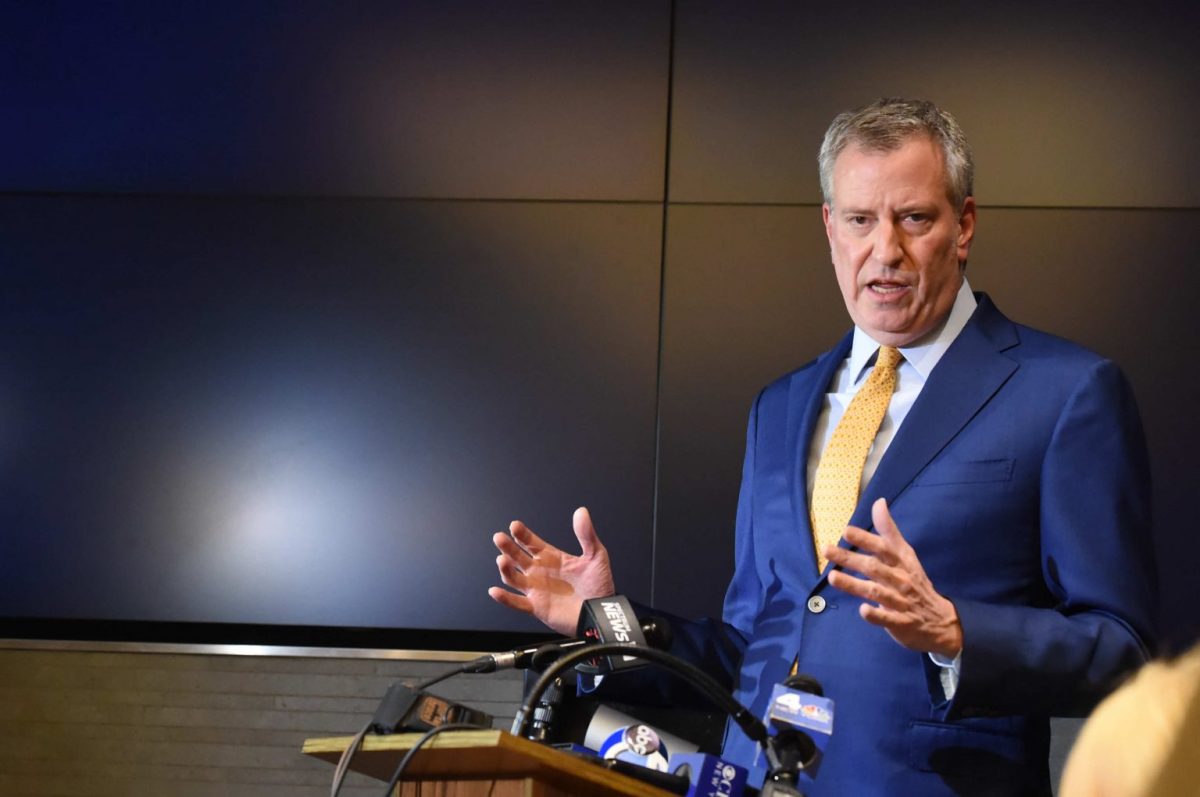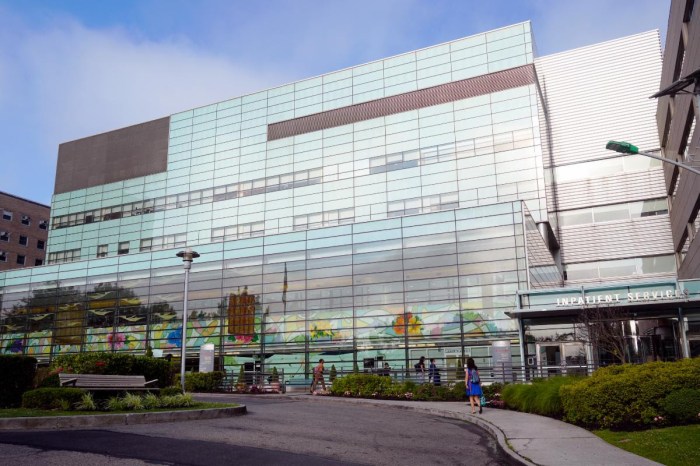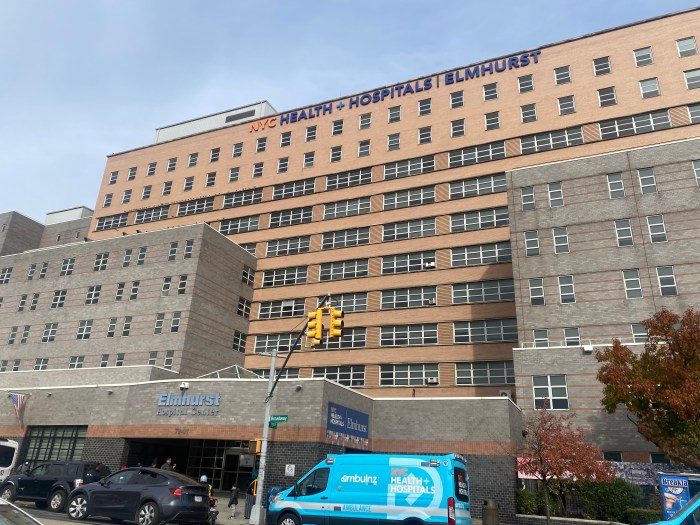Declaring New York City as the “epicenter” of the coronavirus epidemic in America, Mayor Bill de Blasio said the entire city would comply with Governor Andrew Cuomo’s “New York State on PAUSE” initiative to help flatten the outbreak’s curve.
As of 6 p.m. Friday night, New York City had 5,683 coronavirus cases, with 43 related deaths. Brooklyn had the most cases of any borough, with 1,740, followed by Queens with 1,514; Manhattan with 1,402; the Bronx with 736; and Staten Island with 285.
“Tonight our city braces for the next battle of this war,” de Blasio said Friday. “Things will continue to get worse before they get better; but New Yorkers are strong and I know we can get through this together. Lives are on the line all across our city. We must all do our part to protect those who need us the most.”
Part of that effort will be complying with the PAUSE program that Governor Andrew Cuomo announced Friday morning. While the governor doesn’t call it specifically a lockdown or a shelter-in-place order, the program restricts social contact and movement across the state.
The city will enforce the PAUSE program when it goes into effect Sunday night, March 22, at 8 p.m. Here’s how this will affect you:
- All non-essential businesses across the city will be closed. Businesses will essential functions will continue to operate — including grocery stories, pharmacies, internet providers, food delivery, banks, financial institutions and mass transit.
- Essential businesses must institute rules that facilitate social distancing.
- All non-essential gatherings are forbidden; any concentration of people outside their home must be limited to workers providing essential services.
- People out in public must practice social distancing, standing or walking at least 6 feet away from each other.
- Outdoor recreational activities must be non-contact.
- Use public transportation only when absolutely necessary.
- Anyone who is sick must stay home, and can only leave it if they are seeking medical care.
- The NYPD will ensure compliance with these policies. Those who break the rules will be subject to fines and/or business closures.
- New Yorkers who are 70 or older and/or immune-compromised should remain indoors; limit outdoor activity to solitary exercise; pre-screen all visitors by taking their temperature; wear a mask in the company of others; avoid visiting households with multiple people; require that everyone in their presence wear a mask; stay six feet apart from other people; and avoid public transportation unless it’s absolutely necessary.



































